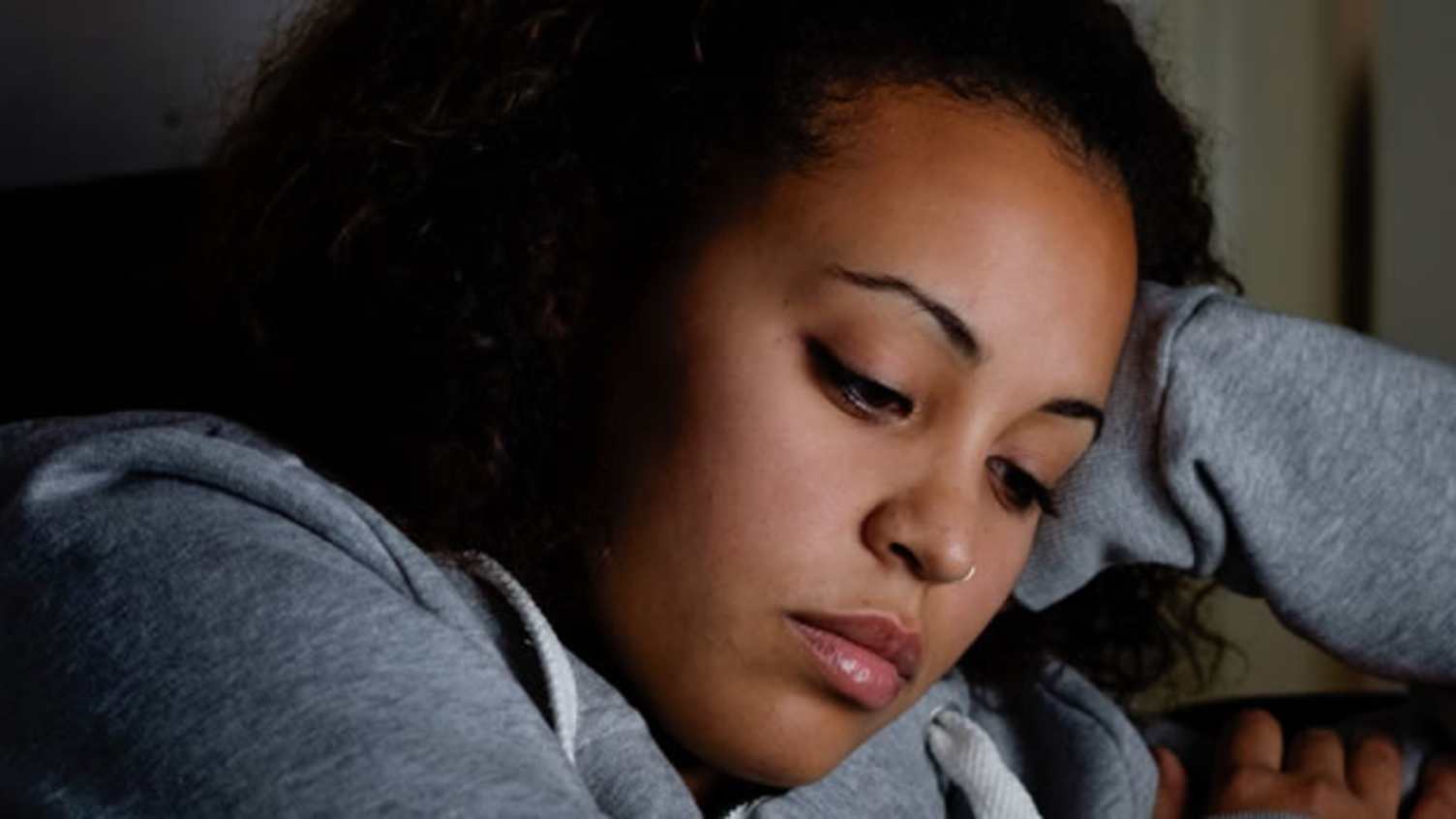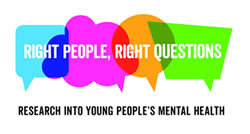Mental Health in Children and Young People

About this PSP
1 in 10 young people have experience of mental health issues. It is vital that more is spent on research and that research funding is spent in the areas that matter most to people. This 'Right People, Right Questions' project identified the areas that matter most, by looking for unanswered questions from 11 - 25 year olds with experience of mental health issues, their parents or carers, those who work with young people, or those who have another interest in the mental health of young people.
The Mental Health in Children and Young People Top 10 was announced in November 2018.

Top 10 Priorities
- Would the screening of young people be appropriate for the early identification of mental health difficulties, and if so, what would be the best way of carrying this out?
- How can young people be more involved in making decisions about their mental health treatment?
- How can Child and Adolescent Mental Health Services (CAMHS), education providers and health and social care departments work together in a more effective manner in order to improve the mental health outcomes of children and young people?
- What are the most effective early interventions or early intervention strategies for supporting children and young people to improve mental resilience?
- What interventions are effective in supporting young people on Child and Adolescent Mental Health Services (CAMHS) waiting lists, to prevent further deterioration of their mental health?
- What methods can parents use to identify that a child or young person's mental health is deteriorating?
- Which interventions are effective at supporting suicidal young people?
- How do family relationships, parental attitudes to mental health, and parenting style affect the treatment outcomes of children and young people with mental health problems (both positively and negatively)?
- What are the most effective self-help and self-management resources, approaches or techniques available for children and young people with mental health issues?
- What is the most effective way of training teachers and other staff in schools and colleges to detect early signs of mental health difficulties in children and young people?
The following questions were also discussed and put in order of priority at the workshop:
- How can the number of effective culturally appropriate approaches available in children and young people’s mental health services be increased, particularly for ethnic minority groups?
- What role does having a healthy lifestyle (e.g. sleep, diet, and exercise) play in the prevention of mental health problems in children and young people?
- What are the most effective interventions for managing and reducing harmful stress in children?
- Do young people who receive a prompt psychiatric diagnosis experience better mental health outcomes than those who wait longer to receive a diagnosis?
- What methods are effective at supporting young men to recognise the signs of mental ill health and access appropriate support? (E.g. stigma reduction)
- At what ages would it be most effective to start to educate children and young people about mental health?
- In what way do children and young people (11-25 years) feel that their mental health condition could have been prevented?
- Which school-based interventions are most effective at promoting and developing emotional wellbeing in children and young people?
- Which school-based interventions are most effective in building mental health resilience in children and young people?
- Are children from low income households waiting longer to access mental health services than children from financially better off households?
- What impact does a longer waiting time for mental health services have on the treatment and mental health outcomes of children and young people with mental health difficulties?
- How can early intervention prevent the development of mental health problems in children and young people with an autistic spectrum disorder or learning difficulty?
- How can homeless young people be supported with their mental health needs?
- Which interventions or methods are effective for young people to cope with panic attacks?
- How can parents identify and support children who are at risk of suicide without increasing the child’s level of distress?